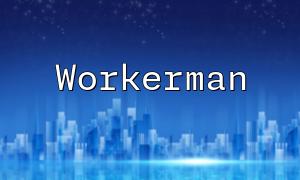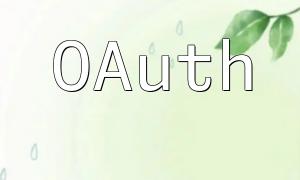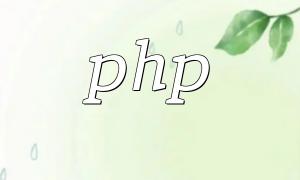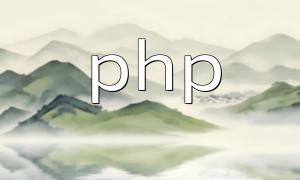In recent years, the online education industry has grown rapidly, especially accelerated by the COVID-19 pandemic, which has increased demand for remote learning. Real-time communication and interactivity are essential features for online education platforms. This article explains how to use PHP together with Unity3D and the Workerman framework to build a fully functional real-time online education platform.
First, we need to set up a PHP backend server to handle requests from Unity3D clients and manage real-time data transmission. We use the Workerman framework, a high-performance PHP application framework suitable for building WebSocket servers. Below is an example PHP server code:
require_once './Workerman/Autoloader.php';
<p>use Workerman\Worker;<br>
use Workerman\Lib\Timer;</p>
<p>$worker = new Worker("websocket://0.0.0.0:2345");</p>
<p>$worker->onConnect = function($connection) {<br>
echo "Connection open\n";<br>
};</p>
<p>$worker->onMessage = function($connection, $data) {<br>
echo "Received message: $data\n";<br>
// Process the message and send a response<br>
$response = "Hello Unity3D!";<br>
$connection->send($response);<br>
};</p>
<p>$worker->onClose = function($connection) {<br>
echo "Connection closed\n";<br>
};</p>
<p>Worker::runAll();<br>
Next, implement the client functionality in Unity3D. Import a WebSocket plugin to enable WebGL platform communication with the PHP server. Here’s a sample Unity3D script:
void Start()
{
websocket = new WebSocket("ws://localhost:2345");
websocket.OnOpen += (sender, e) => {
Debug.Log("Connection open");
};
websocket.OnMessage += (sender, e) => {
Debug.Log("Received message: " + e.Data);
// Update the education platform status
};
websocket.OnClose += (sender, e) => {
Debug.Log("Connection closed");
};
websocket.Connect();
}
void Update()
{
// Send messages to the server as needed
if (Input.GetKeyDown(KeyCode.Space))
{
websocket.Send("Hello Server!");
}
}
void OnDestroy()
{
websocket.Close();
}
}
With the above code, a stable communication link between the PHP server and Unity3D client is established. On this basis, you can build a virtual classroom that supports real-time interaction between teachers and students, shared whiteboards, screen sharing, and more. When students perform actions on the Unity3D client, real-time data is sent to the backend server and distributed to other users, enabling synchronized multi-user experiences. Additionally, teachers can stream real-time audio and video to students, enhancing interaction.
In summary, this article introduces how to combine PHP and Unity3D with the Workerman framework to create a robust real-time online education platform. This platform enables effective real-time communication and resource sharing, improving the quality of online teaching. We hope this helps developers interested in building similar platforms and look forward to broader applications in the online education sector.
Related Tags:
API








